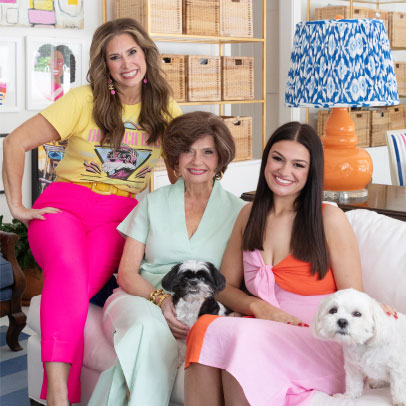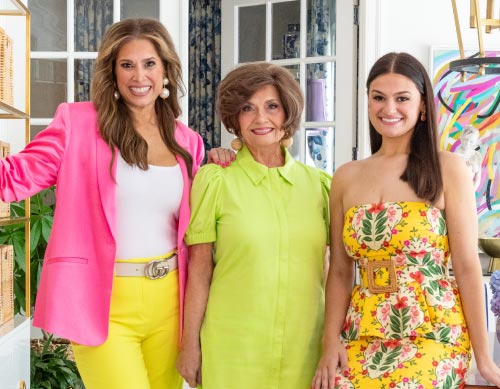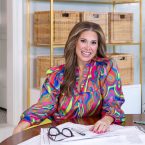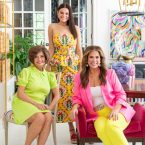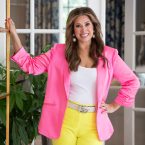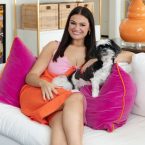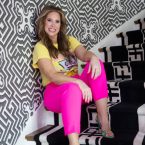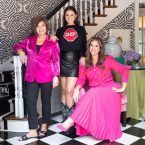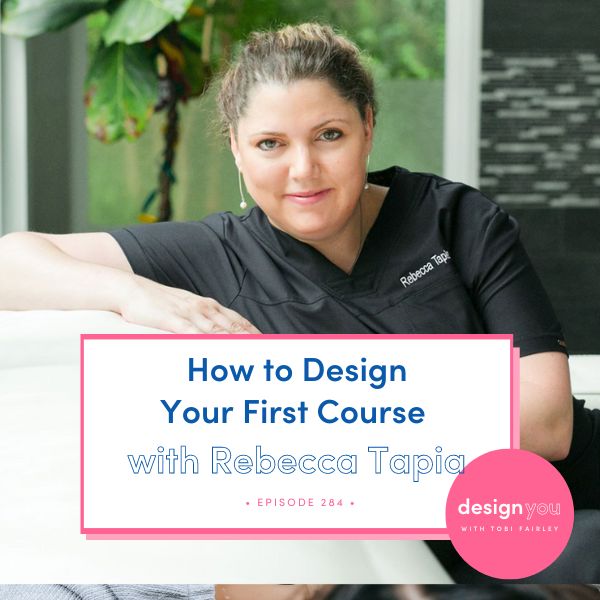
We’re still on our topic of online courses, and today I have a very special guest. She’s created a course about a taboo topic that gives her students real, tangible solutions. This is an amazing example of just how good an online course can be, and we’re diving into all of it, the behind-the-scenes, and the results this course has produced.
Rebecca Tapia is a physician-anthropologist-creative actively exploring and reframing the mental drama we have about supporting aging parents. She’s created an amazing course around her passion called Unsandwiched: 5 Steps to Managing Your Mental Drama About Aging Parents, and how she’s done it is truly inspiring.
Rebecca created an amazing course inside my Online Course Incubator, bringing her ideas and passions to a larger audience, so tune in this week to discover what that process was like. We’re discussing Rebecca’s course from conception to completion, how she weaved her uniqueness into every aspect of it, and our advice if you want to create your own course to share your gifts with the world.
My Online Course Incubator is launching again in the fall of 2023. We only have 10 spots, so click here to sign up before it’s too late!
Discover a new path to success in the Interior Design Industry with our live 3-part training: How To Create Additional Revenue Streams. Join us as we teach you the strategies to launch innovative income streams, freeing you from the limitations of traditional design services. Don’t miss this opportunity to revolutionize your business and thrive in today’s competitive landscape. Grab the Training Series now to prepare your business for today & beyond!

